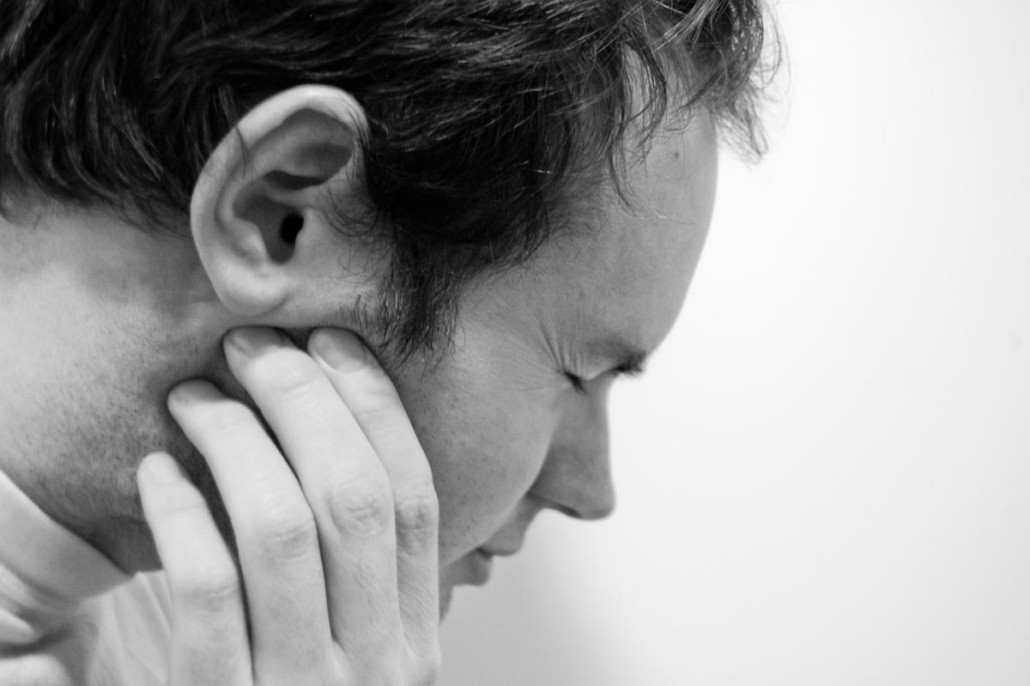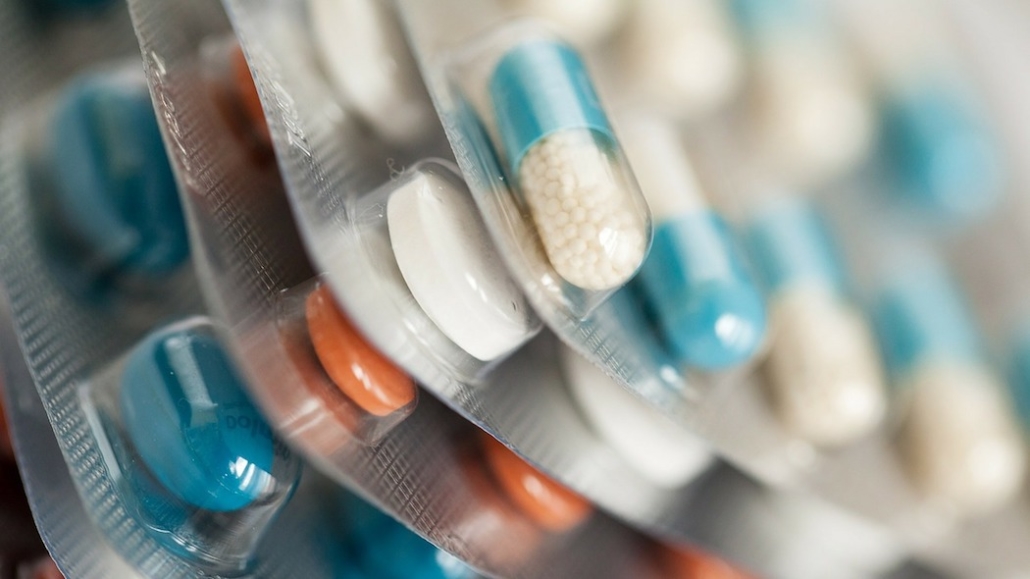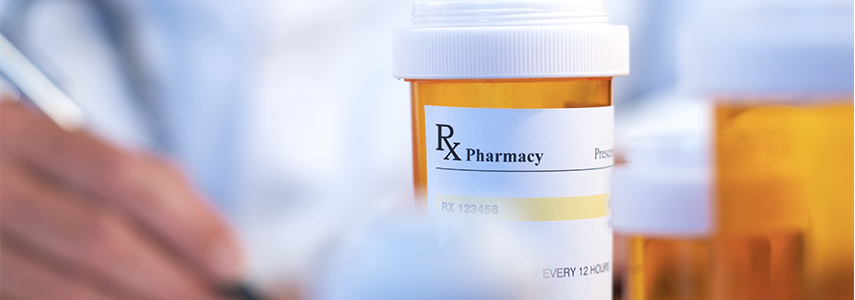The researchers are examining the study of a possible correlation between the use of psychotropic drugs and night bruxism. Bruxism is the grinding or clenching of the teeth caused by the involuntary contraction of the orofacial muscles.
Symptoms of Bruxism
The activity of the mandibular muscles during the phases of sleep, at the basis of the involuntary grinding of the teeth, is beyond the control of the patient, who is often totally unaware of suffering from bruxism.

The main alarm bells in the presence of nocturnal bruxism are the symptoms that often occur on awakening:
- fatigue and pain in the jaw and jaw;
- headache;
- backache;
- tiredness;
- dentinal hypersensitivity due to tooth wear.
The correlation between psychiatric drugs and bruxism
Some recent studies are under consideration to confirm the hypothesis that the constant intake of antidepressant and antipsychotic drugs can increase the probability that the patient develops pathologies with involuntary functions, such as bruxism.
In fact, it is hypothesized that a suppressed dopamine activity, modulated by various neurotransmitters such as serotonin, norepinephrine and histamine, could potentially be associated with episodes of nocturnal bruxism.
Research
In the scientific journal Journal of Oral Rehabilitation, a survey was published on the association between the regular intake of psychotropic drugs and the presence of nocturnal bruxism in patients.

The investigation was conducted using six different clinical databases, through which clinical cases useful were reviewed in order to demonstrate the correlation between psychotropic drugs and bruxism.
The sample of patients considered for the analysis had regularly taken the following psychotropic drugs:
- antidepressants;
- anticonvulsants;
- psychostimulants.
Antidepressants and bruxism
Among antidepressant drugs, those with the following active ingredients showed a high correlation with the presence of nocturnal bruxism:
- duloxetine;
- paroxetine;
- venlafaxine.
While for substances such as:
- citalopram;
- escitalopram;
- fluoxetine;
- mirtazapine;
- sertraline;

there would be a lower chance for the patient to experience episodes of nocturnal bruxism.
there would be a lower chance for the patient to experience episodes of nocturnal bruxism.
As for anticonvulsants, only barbiturates were found to be associated with episodes of nocturnal bruxism, in this case also in children.
While no increased probability of the presence of bruxism was observed in conjunction with the intake of benzodiazepines, auto-bazazepine and valproate.
Psychostimulants and bruxism
The only psychostimulant with which a correlation with nocturnal bruxism was found was methylphenate and in particular in adolescents.
Conclusions
Although it is necessary to have more scientific confirmation than the hypothesis of a close association between psychotropic drugs and bruxism, it is very important that the patient’s pathologies are addressed with a multidisciplinary approach to offer the best possible solutions to the single clinical case.
















